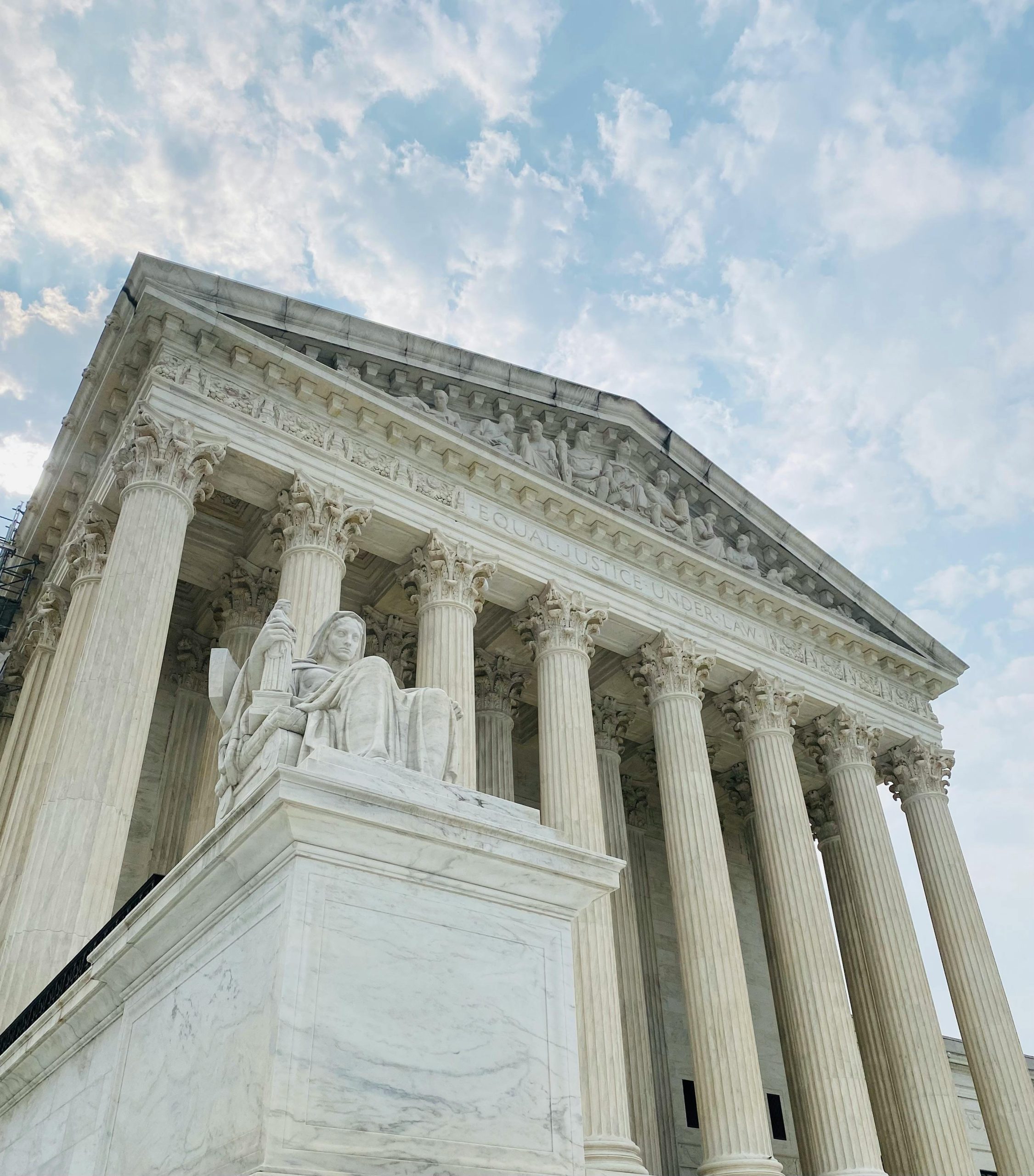In Recent Decisions the SJC and MCAD Highlight the Broad Protections of Anti-Retaliation Law
Last week, the SJC decided City of Newton v. Commonwealth Employment Relations Board, a case considering what an employee must show to make out a prima facie case of retaliation under the Massachusetts public employee collective bargaining law. The week before, the MCAD decided MCAD and Nom v. Acton Auto Body Inc. et al., also assessing what evidence an employee claiming retaliation must show to make out a prima facie case.
City of Newton was brought on behalf of a Newton police sergeant who also served in leadership roles in his union. In those roles, he repeatedly came into conflict with the police chief as he asserted employees’ rights under their union contract. Two years after becoming the union’s president, the police chief involuntarily transferred the sergeant from a specialty assignment in the Traffic Bureau to the Patrol Bureau. In the Traffic Bureau the sergeant had worked a regular daytime schedule with weekends off; in the Patrol Bureau he had to work nights on a rotating schedule. The transfer came with an 8% pay increase for working nights, which the sergeant said was less important to him than the regular schedule he had before the transfer.
The union filed a charge with the Department of Labor, and eventually the Commonwealth Employment Relations Board (CERB) decided that the transfer was an adverse action, and that the City had not met its burden to show that the reason for the transfer was not retaliatory. The City appealed, and the Appeals Court decided that because the sergeant received the pay increase his CBA required, the transfer was not an adverse action.
 Boston Lawyer Blog
Boston Lawyer Blog















